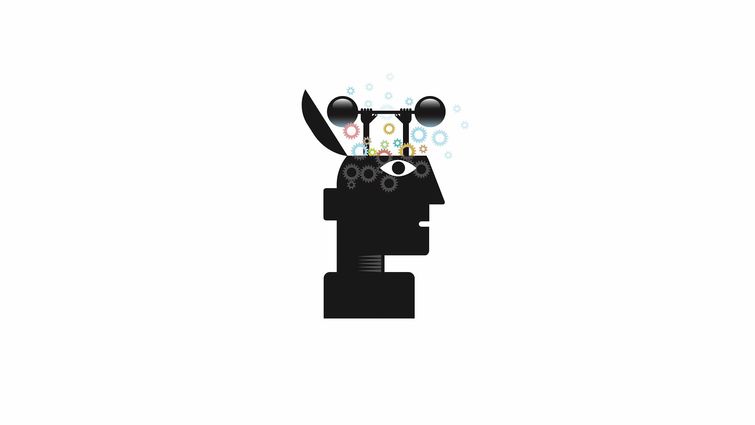
This week marks Brain Health Awareness week, a global campaign to highlight brain health and research. While the brain may be one of the more complex organs of the body, maintaining a sharp and healthy mind doesn’t have to be complicated as one may think, according to Drs. Dean and Ayesha Sherzai, co-directors of the Brain Health and Alzheimer’s Prevention Program at Loma Linda University Health. Through their research, the Sherzais have found that smarter lifestyle choices can have a long-term impact on brain health.
The Sherzais comprehensive NEURO program highlights five lifestyle areas that impact brain health: nutrition, exercise, unwind, rest and optimize. The program empowers individuals to take control of their brain health by understanding how these areas are impacted and make changes to sustaining a healthier brain.
The Sherzais encourage people to stay active in all steps of the NEURO program because each part plays an integral role to one’s health. Here are five key take-aways from the NEURO plan to improve your brain health:
- Nutrition. The first step of the plan focuses on a whole-food, plant-based diet low in sugar, salt, and processed foods. The Sherzais note that nutrition is one of the easiest ways to add life and vitality to your years while simultaneously fighting off chronic illnesses. “When you consume a whole-food, plant-based diet, you are consuming all the vitamins, minerals and building blocks of life that your body needs,” Dean says. “Make sure to eat plenty of vegetables, beans and legumes,” he says. “Beans and greens are rich sources of fibers, complex carbohydrates, and meat-free protein that help not only build healthier muscles but provide clean and efficient energy to your brain.” He also recommends eating plenty of seeds, nuts, fruits and spices. “All the vitamins and minerals in a variety of whole foods work together in symphony for your body and brain.”
- Exercise. Daily exercise, including exercise throughout the day, is key to brain health. Yes, it’s important to get regular exercise that raises heart rate and increases muscle strength at the gym, but you should also make time to move your body every hour. “Studies have shown that even if you do strenuous workouts for more than 20 minutes day, the benefits can be undone from being sedentary for hours at a time in a day,” Ayesha says. The Sherzais recommend a stroll each hour or mini squats (if you don’t have knee and hip problems) to strengthen both your legs and your brain.
- Unwind. Stress and the stress hormone cortisol have many damaging effects on the brain, including brain shrinkage, inflammation, as well as affecting the gut,insulin resistance and blood pressure — all of which make stress management essential to properly unwinding. There are many ways you can destress according to the Sherzais, including meditation, mindful breathing exercises and time spent in nature. They also emphasize understanding the difference between good and bad stress so you can better manage the mental and emotional circumstances around you. “Good stress has a desired outcome,” Ayesha notes. “An example of good stress may be learning to play a musical instrument. This is a good kind of stress for the brain because you are not only working toward something that is tangible, measurable and achievable, but you are also creating brain resilience as well.”
- Restore. The Sherzais say 7 to 8 hours of restorative sleep is essential for optimal brain health. Restorative sleep is more than just mentally shutting down. For restorative sleep to occur, the brain needs to go through its natural cycles and “cleanse the brain of bad proteins and other waste,” Ayesha says. If you struggle to make sure you’re getting enough sleep, the Sherzais suggest start working on sleep hygiene, which includes identifying foods that interfere with sleep, control the amount and type of light in your bedroom, and maintaining a proper temperature of your bedroom.”
- Optimize. The final step in the Sherzais plan refers to feeding the brain social and multimodal activities (such as dancing, studying for a certification, or learning a new language) to challenge and engage multiple brain centers. In doing regular challenging activities, this creates a cognitive reserve helping brain resilience and protect against cognitive decline. The Sherzais say volunteering is one of their favorite activities for the brain, both because of the service involved and for its socialization and mental challenge.
“Don’t wait until you have developed early signs of dementia to institute brain-healthy habits, start today with one activity, such as a brisk walk or eliminating sugar from your diet.”
By maintaining brain health and making smarter lifestyle choices, one has empowered themselves to not only fight against diseases like Alzheimer’s, but also dramatically improving their overall health and adding quality years to their life.
